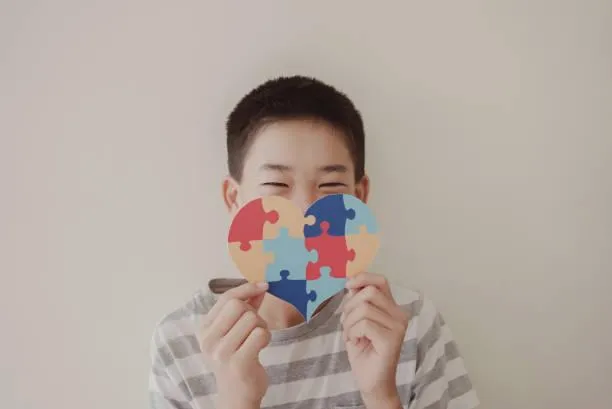
Understanding Your Neurodivergent Child: A Guide for Parents
Understanding Your Neurodivergent Child: A Guide for Parents
When a child is given a label like ADHD or autism, it can feel like the ground has shifted beneath a parent’s feet. There’s often a sense of relief — finally, an explanation. But along with that comes fear.
What does this mean for their future?
Are they going to struggle more than other kids?
Will they ever feel calm, confident, or “normal”?
But what if we’re asking the wrong questions?
A Different Kind of Brain — Not a Broken One
Neurodiversity simply means there’s more than one way for a brain to work. Differences in attention, communication, emotional regulation or learning style don’t point to damage — they point to diversity.
Just like some children are tall and some are short, some brains move fast and zigzag, while others go deep and laser-focused. These differences can come with challenges, yes — but also with insight, creativity, and strength.
The problem is, once a diagnosis is given, it can become all we see. The child’s identity starts to revolve around it. We look at their behaviour through the lens of that diagnosis, and very quickly, we start communicating something to them — that they are different. That they’re not like other kids. That they need special treatment.
And this is where the real problem can start.
Be Careful What You Teach Them to Believe
Children are constantly forming beliefs about themselves. If we start making subtle (or not so subtle) allowances for them — not pushing them quite as hard as their siblings, giving up on certain expectations, assuming they "can’t cope" — we’re teaching them something at the identity level:
“I’m different.”
“I’m fragile.”
“I’m not capable.”
This isn’t just about school performance or chores. It’s about their sense of self.
When a child believes they’re different in a limiting way, they become self-conscious. They compare. They start looking for ways they’re “not like everyone else,” which often leads to anxiety and withdrawal. They feel more “othered” — not because of the diagnosis itself, but because of the meaning we attach to it.
You Don’t Need to Reframe Everything as a Superpower
There’s a growing trend to label every neurodivergent trait as a gift or a superpower. While that comes from a loving place, it can create another kind of pressure:
If I’m not excelling, then maybe I’m failing at being special too.
The truth is: we don’t need to glorify or demonise difference. We just need to understand it.
Your child doesn’t need to be fixed, and they don’t need to be exceptional.
They need to be seen — for who they are underneath the label. Underneath the behaviour. Underneath the noise.
Look for the Health — It’s Always There
There is an innate resilience, intelligence and wellbeing built into every human being — including your child. The label doesn’t take it away. The diagnosis doesn’t reduce it. It’s always there.
But when we see only the diagnosis, we stop looking for that deeper health. We focus on behaviour. We seek strategies and systems to manage, instead of connecting with the human being in front of us.
Try asking yourself:
When is my child at their calmest?
What helps them settle and re-engage?
What lights them up?
These are the clues to their innate wellbeing — not their condition.
All Behaviour Comes from State of Mind
When a child is dysregulated, distracted, or disruptive, it’s not because they’re broken. It’s because, like all of us, they’re temporarily caught up in a busy mind.
Our state of mind shapes what we say, how we listen, and what we can access in terms of memory, patience, and problem-solving. That’s not a diagnosis — that’s being human.
And when our children understand that their experience comes from within, not from the outside world or a fixed label, they stop feeling stuck. They stop fighting with themselves. They remember who they are.
Final Thoughts
Neurodiversity doesn't need to be feared, glorified, or hidden. It just needs to be understood — with compassion, with curiosity, and with the deep knowing that every child has potential.
Let’s stop looking for what's wrong.
Let’s look for what’s already right.
Because it’s there. Always.
If you’d like support understanding your child’s diagnosis — without panic, pressure, or overwhelm — I offer 1:1 sessions for parents and children. Visit myyoungmind.com to learn more.
What’s Coming Next
This is the first in a series of blogs that will gently explore common neurodivergent profiles. Each post will look beneath the surface, speak to the deeper truth of who your child is, and point you back to peace — even when things feel messy.
Because what if they don’t need fixing?
What if they just need seeing?
What to Read Next:
Here are the other blogs in this neurodiversity series:
